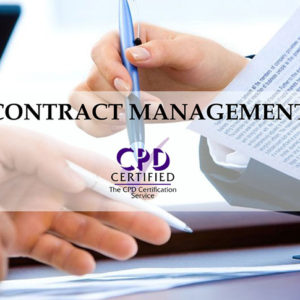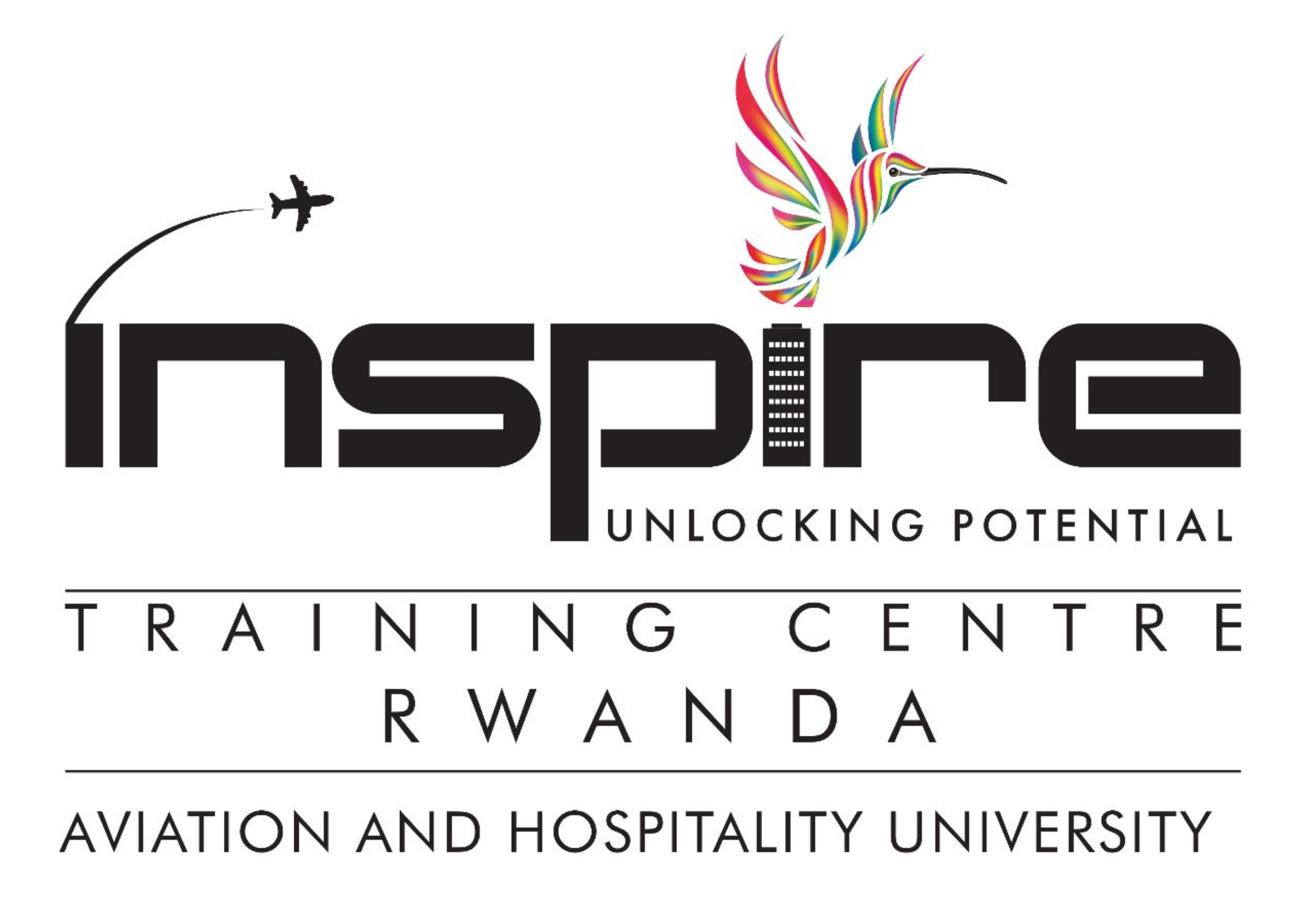-
 RWF 10,000Add to cart
RWF 10,000Add to cartThis course is suitable for anyone Managers, supervisors and individuals with responsibilities and a role to lead and influence👨🏫
- Define coaching, mentoring and the GROW model.
- Identify and set appropriate goals using the SMART technique of goal setting.
- Identify the steps necessary in defining the current state or reality of your employee’s situation.
- Identify the steps needed in defining options for your employee and turn them into a preliminary plan.
- Identify the steps in developing a finalized plan or wrapping it up and getting your employee motivated to accomplish those plans.
- Identify the benefits of building and fostering trust with your employee.
- Identify the steps in giving effective feedback while maintaining trust.
- Identify and overcoming common obstacles to the growth and development of your employee.
- Identify when the coaching is at an end and transitioning your employee to other growth opportunities.
- Identify the difference between mentoring and coaching.
-
 RWF 10,000Add to cart
RWF 10,000Add to cartDiscover the specifics of how to develop coaching skills.
- What you’ll learn
- Understand Coaching.
- Identify the difference between coaching and training
- Monitor data.
- Practice coaching activities.
- Affect company culture
-
 RWF 10,000Add to cart
RWF 10,000Add to cartThe Communication Strategies workshop will help participants understand the different methods of communication and how to make the most of each of them. These strategies will provide a great benefit for any organization and its employees. They will trickle down throughout the organization and positively impact everyone involved.
What you’ll learn
- The Big Picture of Communication.
- Understanding Communication Barriers
- Paraverbal Communication Skills
- Non-Verbal Communication
- Speaking Like a STAR
-
 RWF 10,000Add to cart
RWF 10,000Add to cartIn the Conflict Resolution workshop, you will learn crucial conflict management skills, including dealing with anger and using the Agreement Frame. Dealing with conflict is important for every organization no matter what the size. If it is left unchecked or not resolved it can lead to lost production, absences, attrition, and even law suits.
What you’ll learn
- Understand what conflict and conflict resolution mean
- Understand all six phases of the conflict resolution process
- Understand the five main styles of conflict resolution
- Be able to adapt the process for all types of conflicts
- Be able to break out parts of the process and use those tools to prevent conflict
- Be able to use basic communication tools, such as the agreement frame and open questions
- Be able to use basic anger and stress management techniques
-
 RWF 10,000Add to cart
RWF 10,000Add to cartWith our “Contract Management” workshop, your participants will discover the specifics of how contract management works and how to effectively source agents.
What you’ll learn
- Identify contract elements
- Understand ethical contract management
- Calculate value
- Negotiate contracts
- Create basic amendments
-
 RWF 10,000Add to cart
RWF 10,000Add to cartThe Creative Problem Solving workshop will give participants an overview of the entire creative problem solving process, as well as key problem solving tools that they can use every day. Skills such as brainstorming, information gathering, analyzing data, and identifying resources will be covered throughout the workshop.
What you’ll learn
- The Problem Solving Method
- Information Gathering
- Problem Definition
- Preparing for Brainstorming
- Generating Solutions
-
 RWF 10,000Add to cart
RWF 10,000Add to cartCrisis management is as important as finance management, personnel management, etc. Having a clear and effective program and plan for an event is critical not only to your survival, but critical to the profitability and possibly the survival of the company. Being able to identify risk, assess the situation and respond appropriately is important, and requires not only training, but practice.
What you’ll learn
- Identify potential risks.
- Understand the myths behind workplace violence
- Define escalation and identify examples.
- Learn concerning behaviors.
- Know what a trigger is and how that can escalate.
-
Sale!
 Original price was: RWF 4,000.RWF 0Current price is: RWF 0.Add to cart
Original price was: RWF 4,000.RWF 0Current price is: RWF 0.Add to cartBecome a more rational and disciplined thinker 💡
- Understand the components of critical thinking
- Utilize non-linear thinking
- Use logical thinking
- Recognize what it means to be a critical thinker
- Evaluate information using critical thinking skills
- Identify the benefits of critical thinking
- Revise perspective, when necessary
- Comprehend problem solving abilities
